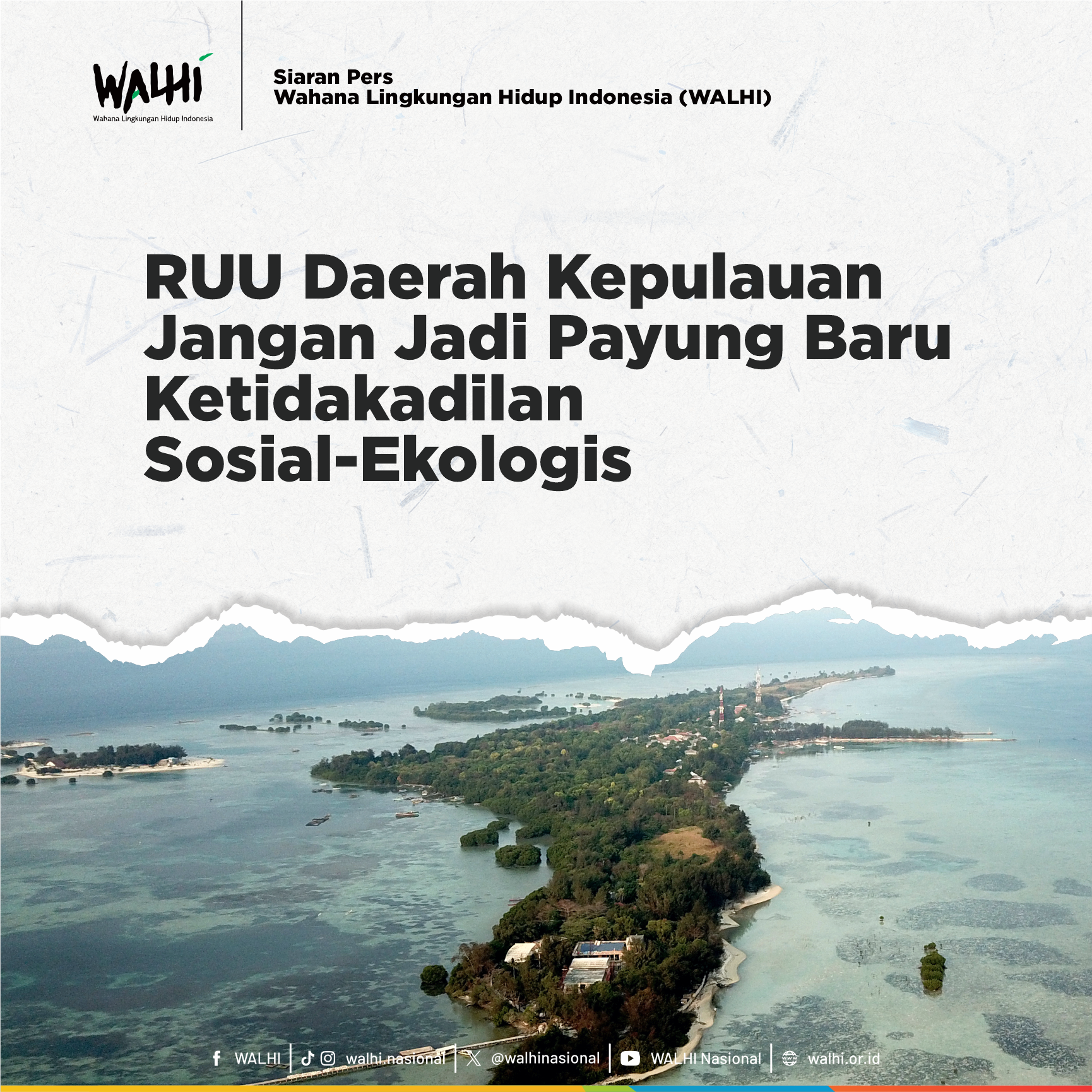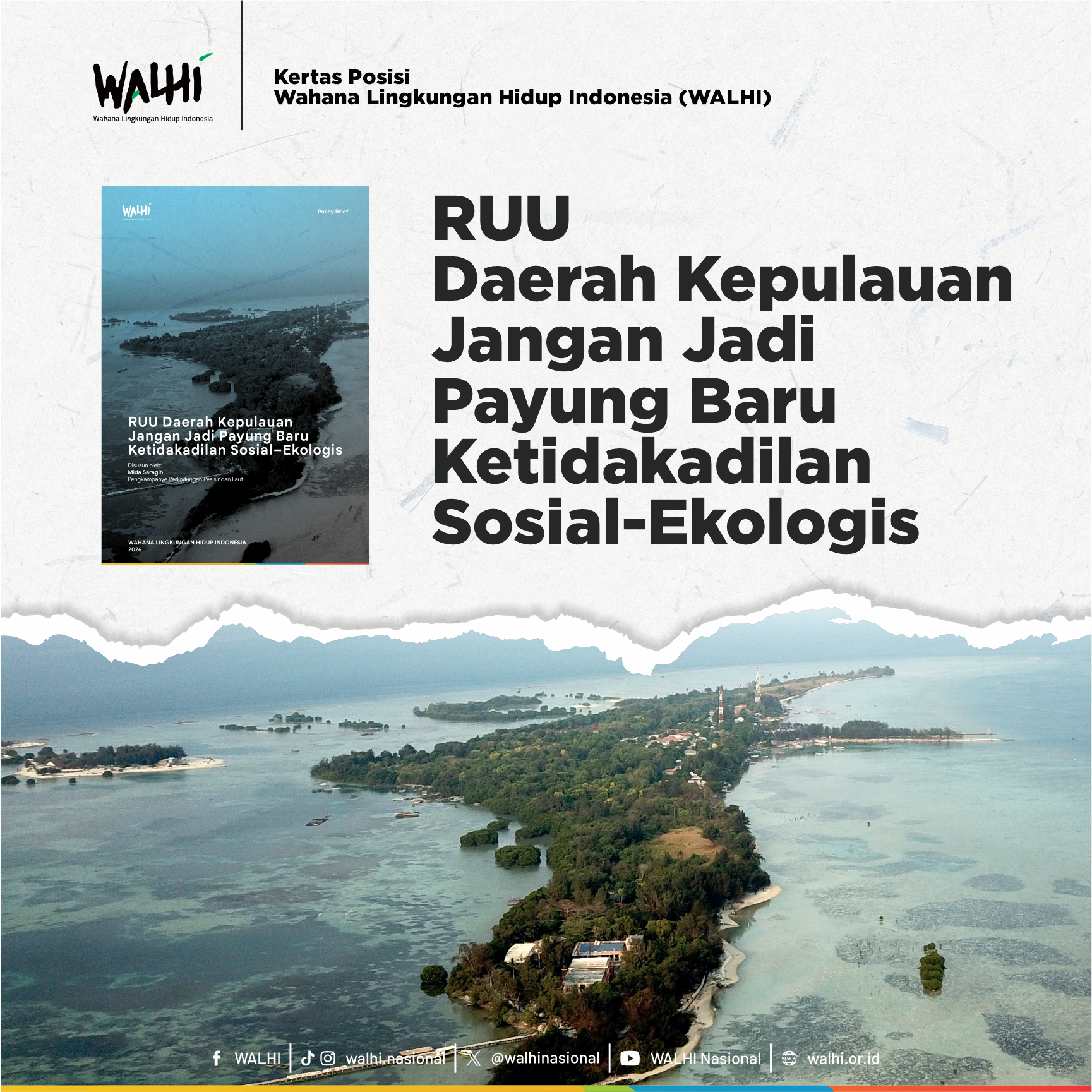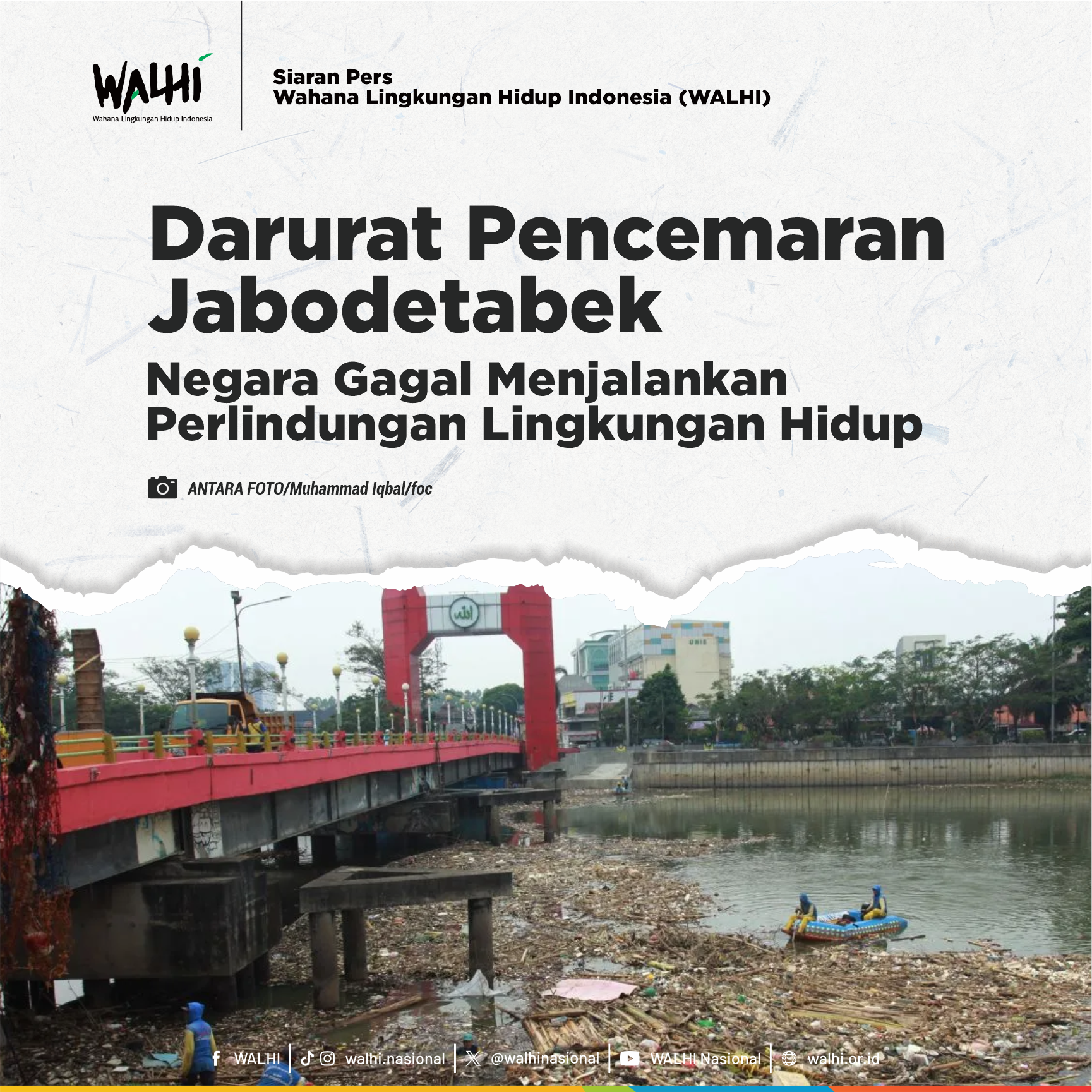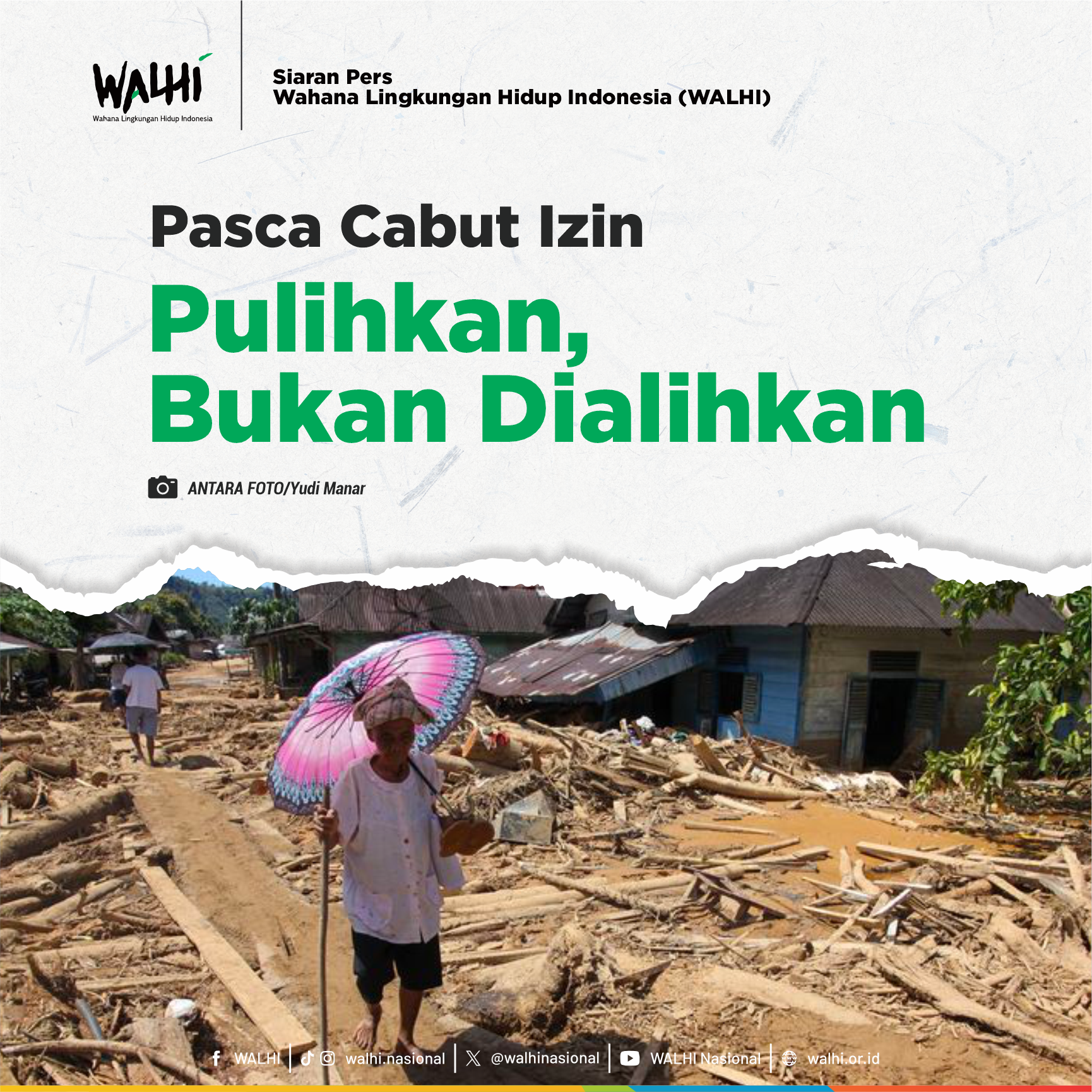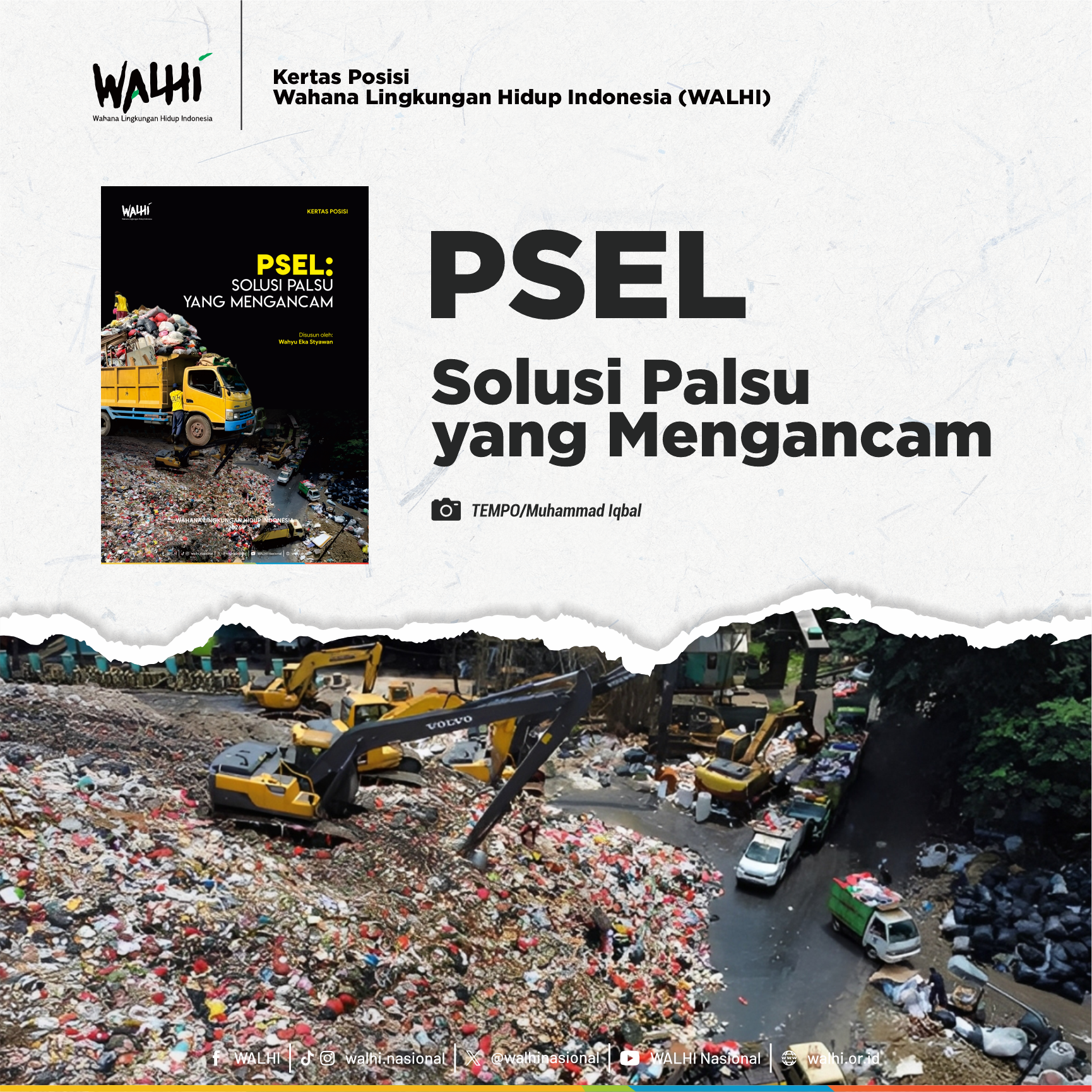Bandung, 4 May 2017 -- Activists have criticized the government's move to challenge a court order, citing the move presents clear moral hazard as the government is trying to justify a clear violation of its own laws. On 21 April 2017, The West Java Provincial government submitted an appeal over a court decision that ordered the government to revoke the environmental permit for the 1,000 MW planned expansion of the Cirebon power plant "PLTU Cirebon 2". "The court clearly found that the government was in violation of its own laws. We regret the government's appeal, as it is sending a signal to the people that the government will stop at nothing to defend a project that is destroying people's health and livelihood," said Wahyu Widianto, campaign manager of WALHI West Java. "Despite of what the government may have promised to the project developers, the fact remains; The West Java Provincial government has issued an environmental permit that disregarded the Cirebon spatial laws and was based on a faulty environmental impact assessment (AMDAL)." The court decision stipulated that the environmental permit was in clear violation of the local spatial bylaw and ordered the West Java provincial government to revoke the permit. According to Indonesian law, an environmental permit is a key requirement in infrastructure projects and is issued by the local government upon the satisfactory completion of the environmental impact assessment or "AMDAL".
The civil case was filed in December 2016 by The People for Environmental Protection (Rakyat Penyelamat Lingkungan or RAPEL), assisted by the Advocacy Team for Climate Justice. The appeal referred to the Presidential Regulation no. 4 year 2016, which allows the local spatial planning to be revised to allow for strategic electricity projects. However, the law also prescribes an elaborate process involving public consultation and parliamentary approvals before the a spatial plan may be revised. In addition, the Law on the Environment stipulates that the spatial plan, and therefore any of its revisions, must comply with the Strategic Environment Assessment (Kajian Lingkungan Hidup Strategis). The Cirebon spatial plan (bylaw no. 17 year 2011) was drafted in accordance to the strategic environment assessment of the Cirebon-Indramayu-Majalengka-Kuningan region. Any changes made to the spatial plan will need to consult the strategic environment assessment and needs to consider environmental factors such as the environment carrying capacity, before any zoning or designation may be made. "The government's move raises a lot of questions. It seems unnecessary to develop such a massive coal power plant, one that is built on the expense of the people, as there is currently an overcapacity in the Java-Bali system. It is estimated that there is no need to add more capacity to the system until 2022," said Dwi Sayung, campaigner for WALHI Nasional. Contact:
- Dwi sawung - 08156104606 - sawung(at)wp_walhi.local
- Wahyu Widianto - 081320423076 - wahyuwidianti153(at)gmail.com

